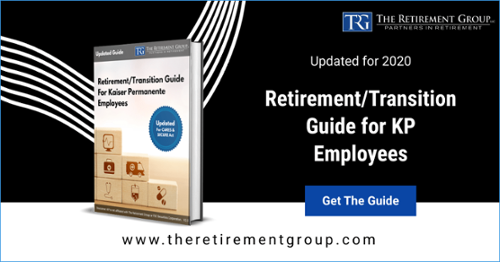Social Security
Identifying optimal ways to claim Social Security is essential to your retirement income planning. For many retirees, understanding and claiming Social Security can be difficult. Social Security benefits are not designed to be the sole source of your retirement income, but rather a part of your overall withdrawal strategy. Knowing the foundation of Social Security and using this knowledge to your ad-vantage can help you claim your maximum benefit.
It is your responsibility to enroll in Medicare parts A and B when you first become eligible — and you must stay enrolled to have coverage for Medicare-eligible expenses. This applies to your Medicare eligible dependents as well.

You should know how your retiree medical plan choices or Medicare eligibility impact your plan options. Before you retire, contact the U.S. Social Security Administration directly at (800) 772-1213, call your local Social Security Office or visit ssa.gov. They can help determine your eligibility, get you and/or your eligible dependents enrolled in Medicare or provide you with other government program information.
Next Step:
Check the status of your Social Security benefits before you retire. Contact the U.S. Social Security Administration by calling 800-772-1213. You can also call your local Social Security office or visit ssa.gov.
Medicare
If you or your dependents are currently or will become eligible for Medicare after you leave KP, Medicare generally becomes the primary coverage for you or any of your dependents as soon as the individual becomes eligible for Medicare. This will affect your company-provided medical benefits. You and your Medicare-eligible dependents must enroll in Medicare Parts A and B when you first become eligible. Medical and MH/SA benefits payable under the company-sponsored plan will be reduced by the amounts Medicare Parts A and B would have paid whether you actually enroll in them or not. For details on coordination of benefits, refer to your summary plan description (SPD).
If you or your eligible dependent do not enroll in Medicare Parts A and B, your provider can bill you for the amounts that are not paid by Medicare or your KP medical plan, making your out-of-pocket expenses significantly higher.
According to the Employee Benefit Research Institute (EBRI), Medicare will only cover about 60% of an individual’s medical expenses. This means a 65-year-old couple with prescription-drug expenses at the midpoint of their peers will need $259,000 in savings to have a 90% chance of covering their healthcare expenses. A single male will need $124,000 and a single female, thanks to her longer life expectancy, will need $140,000.
Next Step:
Get Medicare prescription drug information by visiting medicare.gov.
Check your SPD Summary to see if you’re eligible to enroll in Medicare Parts A and B. If you become Medicare eligible for reasons other than age, you must contact the KP Benefits Center about your status.
If you have still have questions about social security and medicare, reach us at TechStaffer.
Sources:
- The Retirement Group or www.theretirementgroup.com
- “Retirement Plans-Benefits & Savings.” U.S. Department of Labor, 2019, www.dol.gov/general/topic/retirement.
- “Generating Income That Will Last throughout Retirement.” Fidelity, 22 Jan. 2019, www.fidelity.com/viewpoints/retirement/income-that-can-last-lifetime.
- KP Summary Plan Description, 2017/2018


